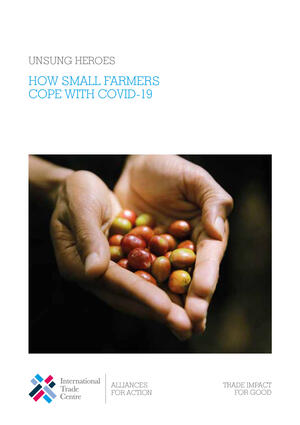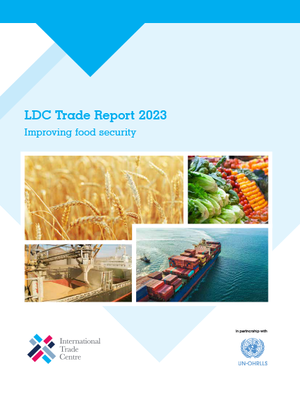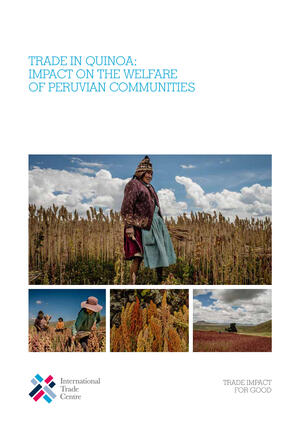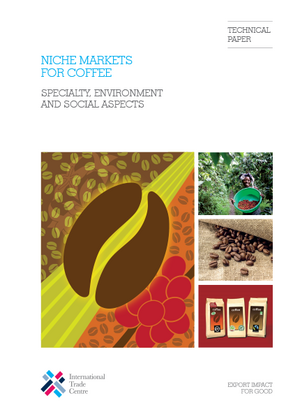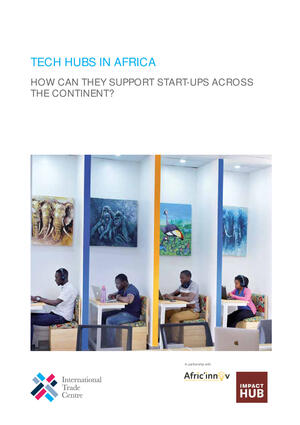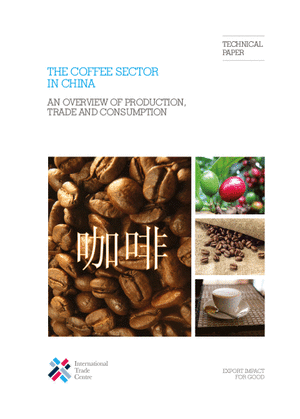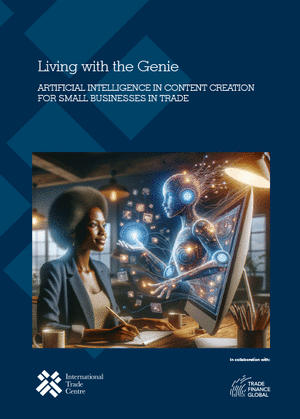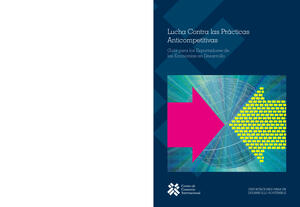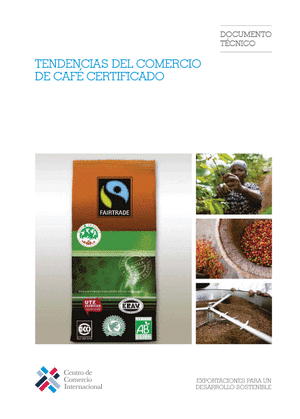Unsung Heroes: How Small Farmers Cope with COVID-19 (en)
The global pandemic has hit small farmers with disruptions in health, food security, transport, finance and demand. It has also increased the cost of doing business. Smallholder farmers, already dealing with the effects of a climate and price crisis, are taking emergency measures for resilience. At...




